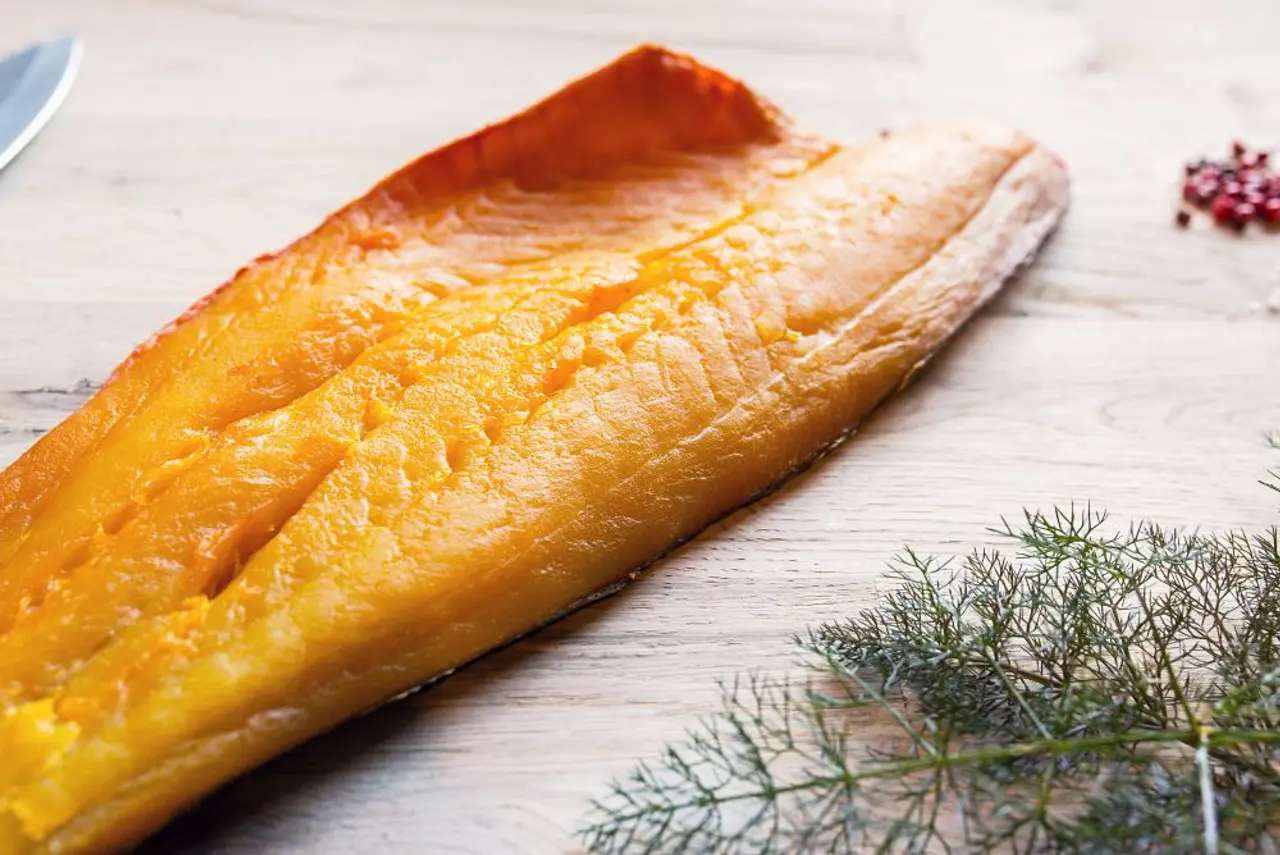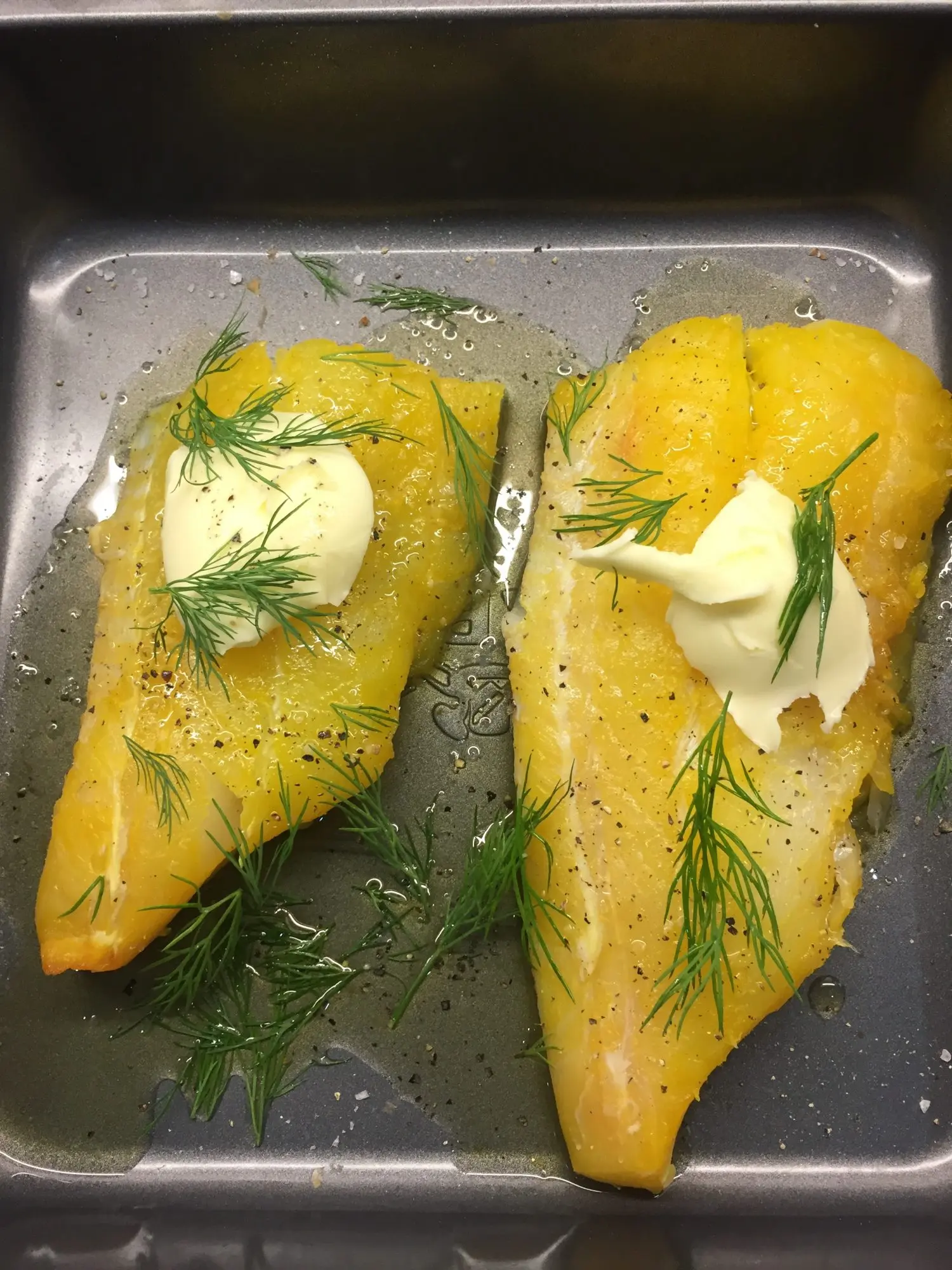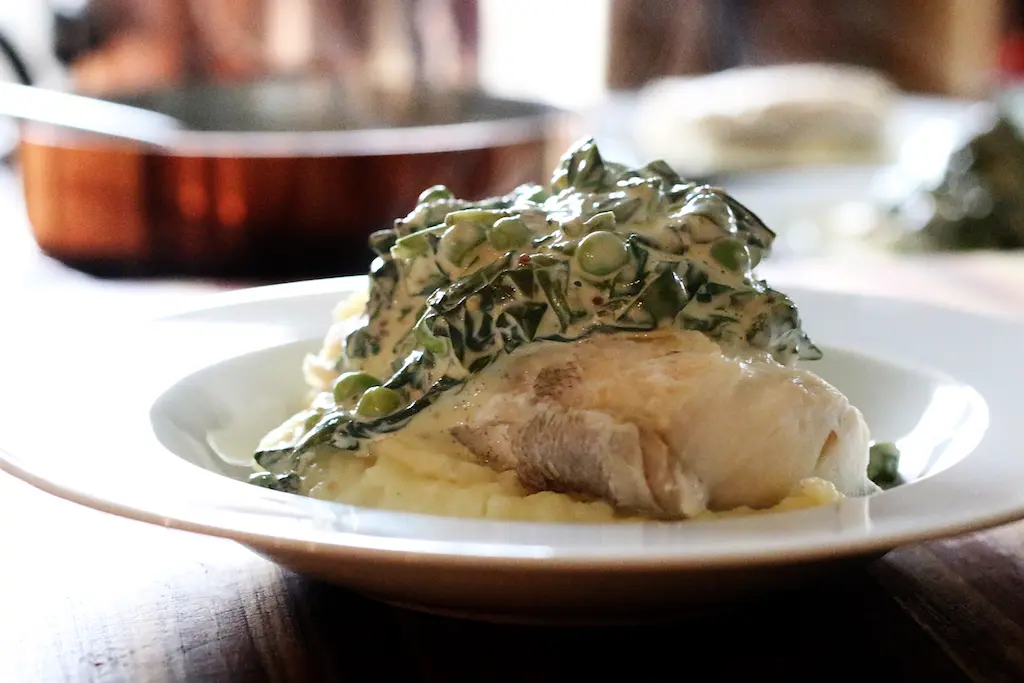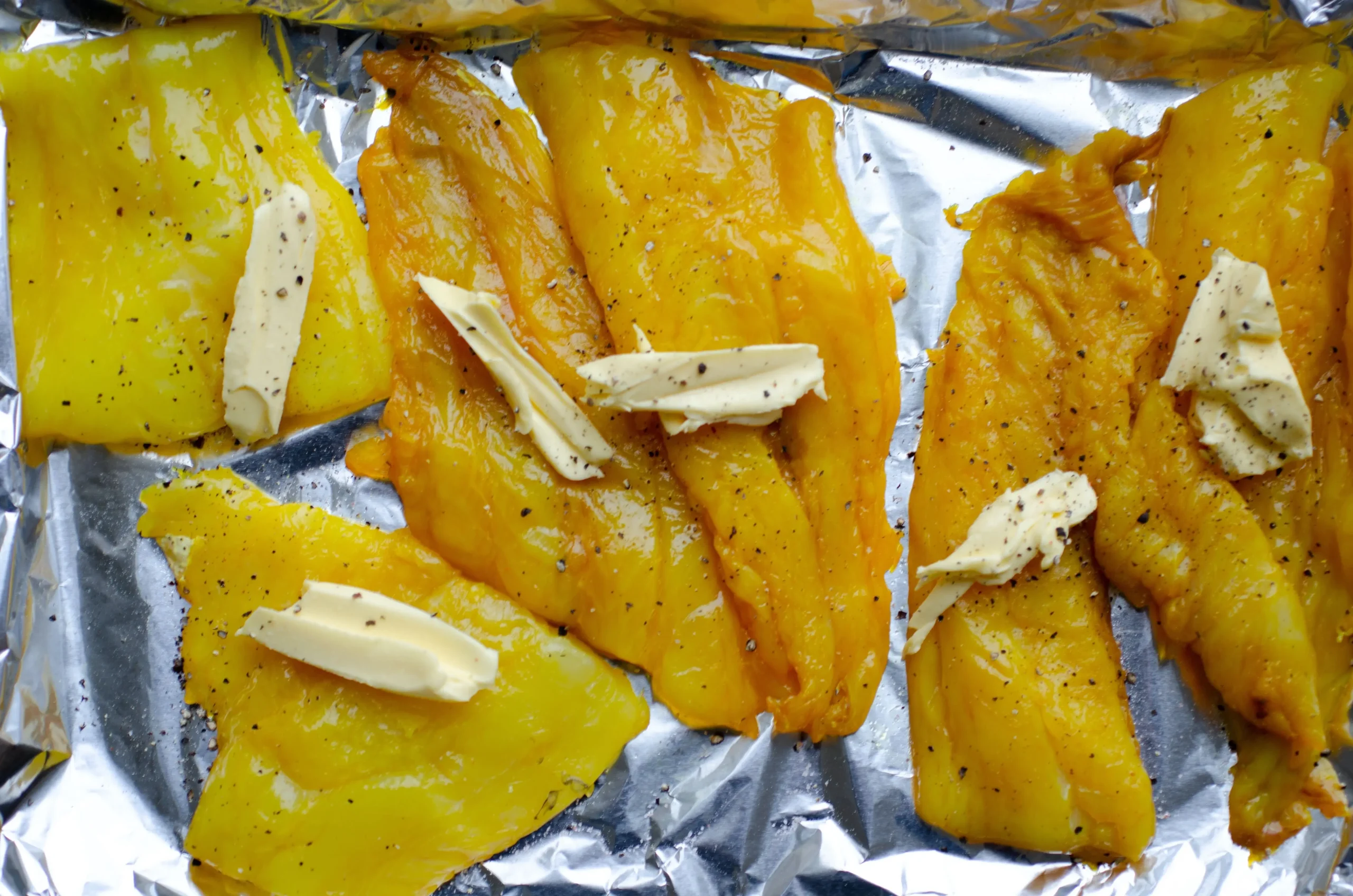Smoked haddock, a popular delicacy in the UK, is known by different names in various regions. One of the most iconic names for smoked haddock is the Finnan haddock. This traditional Scottish method of fish smoking has a rich history and a distinctive flavor that sets it apart from other varieties of smoked haddock.
The Origins of Finnan Haddock
The Finnan haddock method of smoking fish can be traced back to northeastern Scotland, with its roots dating back to the 18th century. The exact birthplace of this tradition is a subject of debate. Some believe that the name finnan is derived from the small town of Findon in Aberdeenshire, while others argue that it refers to the Findhorn town at the mouth of the Findhorn river.

To prepare Finnan haddock, the fish is first salted and left to dry overnight. The unique smoking process involves smoking the fish over soft grey peat and green wood for eight to nine hours. Afterward, it is cooled and washed in warm, salted water. This method imparts a distinctively light saltiness and delicate smoky flavor to the haddock.
The Rise and Fall of Finnan Haddock
The reputation of Finnan haddock quickly spread, making it a popular food, especially in London during the 18th century. However, the introduction of poor-quality peat and softwood sawdust led to a decline in its popularity. The fish began to taste acrid and lost its appeal.

After some time, the quality of Finnan haddock started to improve with the help of modern curing techniques, including the use of artificial dyes. Today, a few small independent smokers still adhere to the traditional method of smoking, ensuring the authenticity and quality of Finnan haddock. These traditional Finnan haddocks are split, headless, and whole gutted fish, making them a rare find.
The Versatility of Finnan Haddock
Finnan haddock can be enjoyed in various culinary preparations. It is commonly served poached in milk for breakfast, providing a flavorful and satisfying start to the day. For dinner, it can be roasted or grilled over high heat, enhancing its smoky characteristics. Additionally, Finnan haddock is an essential ingredient in the traditional Scottish fish soup known as Cullen skink.
- What does Finnan haddock taste like?
- Is Finnan haddock still popular today?
- Can I substitute Finnan haddock with other smoked fish?
Finnan haddock has a lightly salted and delicately smoked flavor, making it a delicious and versatile ingredient.

While Finnan haddock faced a decline in popularity, it has regained its status as a sought-after delicacy, especially among those who appreciate traditional smoking methods.

If you cannot find Finnan haddock, you can use alternative options such as hot smoked trout or hot smoked salmon. These fish have a similar flaky texture and are already cooked, making them suitable replacements in various recipes.
In Conclusion
Finnan haddock, also known as smoked haddock, is a treasured Scottish tradition with a unique smoking process that imparts a delicate flavor to the fish. Despite facing challenges in the past, Finnan haddock has regained its popularity and remains a versatile ingredient in various dishes. Whether enjoyed poached in milk for breakfast or incorporated into a hearty fish pie, Finnan haddock continues to be a beloved delicacy for seafood enthusiasts.
If you want to know other articles similar to Exploring the finnan haddock tradition: a unique smoked haddock delicacy you can visit the Smoked category.


Related Articles